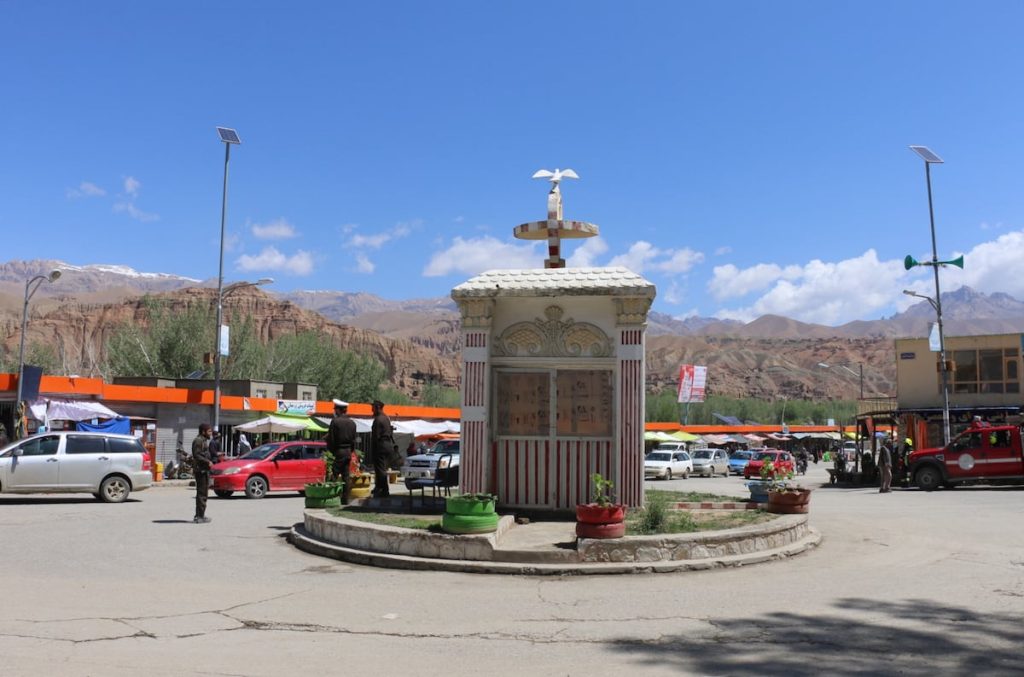Gonzalo Sáenz de Santa María, a worker at Photo Travel, visited the Afghan embassy in Spain on Friday to process visas for a group of six people who were planning to travel to the northern part of the country in June. However, after the tragic attack at the Bamiyan bazaar in which six people were killed (three of whom were Spanish, with one injured), they decided to cancel the trip in mutual agreement with their clients. The Spanish Ministry of Foreign Affairs is advising against all travel to Afghanistan at this time. Despite the risks, some travel agencies, like Photo Travel, specialize in organizing trips to remote and conflict zones to explore traditional cultures through photography.
One of the victims of the recent attack in Bamiyan was Elena Schröder, a 31-year-old woman who owned a pharmacy in Terrassa. She had traveled to Afghanistan with her mother, Susana Vilar, and two other travelers, one of whom was injured and is currently receiving treatment in a hospital in Kabul. The Spanish Ambassador in Afghanistan, Ricardo Losa, along with another diplomat, has traveled to the country to assist the Spanish nationals affected by the attack and repatriate the victims’ bodies. The Spanish government has confirmed that the two survivors have already left the country.
Traveling to Afghanistan poses significant challenges due to the security risks and the need for careful planning. Only a few travel agencies, like Photo Travel, organize trips to the country. These trips require a local guide, armed security personnel, and secure accommodations. Despite the risks, some travelers are drawn to visit countries like Afghanistan to experience cultures that are preserved in such remote and inaccessible regions. The recent attack has highlighted the dangers faced by tourists in conflict zones and the importance of following safety protocols set by experienced guides.
The recent attack has raised concerns about the safety of tourists in Afghanistan and the impact on tourism in the country. Prior to the attack, there had been a modest increase in tourism in Afghanistan since 2021, signaling a possible opening up of the country under Taliban rule. However, the incident has cast uncertainty on future travel plans to Afghanistan and may lead to a decrease in tourist arrivals. Despite the risks, some believe that tourism will continue in Afghanistan, with the government likely to enhance security measures in popular tourist areas to ensure the safety of visitors.
Overall, the incident in Bamiyan has underscored the risks faced by tourists traveling to conflict zones like Afghanistan. While some travelers are willing to explore remote and challenging destinations to experience unique cultures, the recent attack serves as a reminder of the importance of following safety guidelines and heeding travel warnings. The impact of the attack on tourism in Afghanistan remains to be seen, with some experts predicting a temporary decline in visitor numbers but still expecting tourism to continue in the country with enhanced security measures.


